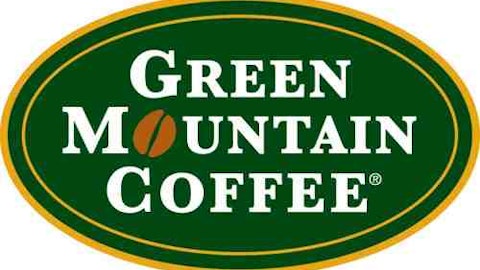A short squeeze is a market phenomenon where securities that are heavily shorted experience rapid and tremendous rallies in the wake of positive news. To see a short squeeze in action, look back a few weeks to Netflix’s last earnings report: Shares nearly doubled in the wake of earnings that exceeded Wall Street’s expectations. It wasn’t purely that the quarter was so tremendous; rather, so many shares had been sold short that Netflix bears were left scrambling to cover.
Short squeezes are notable in that they work on a positive feedback loop. One trader covers his short, which raises the price. This new, higher price is seen by a second trader who is short. The second trader is then prompted to cover, raising the price of the underlying security further still.
Depending on how many shares are sold short, this process can be powerful and propel shares of heavily shorted companies to vast heights — particularly if much of the covering is done involuntarily (margin calls).
Can short squeezes be predicted?
To some extent, short squeezes can be foreseen in advance: Any heavily shorted stock about to face significant news could feel the effects of a short squeeze. Traders who don’t mind a high degree of risk could purchase out-of-the-money (OTM) calls on these securities ahead of the news. OTM Netflix calls, for example, gained hundreds of percentage points the day after the company’s earnings report.
To be fair, however, stocks that are heavily shorted are frequently done so for particular reasons. Perhaps the company is trading at a mind bogglingly lofty valuation. Perhaps the business model is fundamentally broken, or the company is under legal scrutiny.
Whatever the case, these companies face real challenges. Should the news come in negatively — as the shorts anticipate — shares could take a massive leg down.
Green Mountain Coffee Roasters Inc. (NASDAQ:GMCR)’s short float is about 25%
Roughly 25% of the the single-serve coffee giant’s shares have been sold short. The most notable bear is hedge fund manager David Einhorn, who gave a presentation back in the fall of 2011 laying out his short thesis.
In a recent investor letter, Einhorn hinted that he remains short: He admitted that, unfortunately, he was burned by the short position in the fourth quarter of 2012 when shares of Green Mountain roughly doubled.
Green Mountain is set to report earnings on Wednesday. Analysts currently expect the company to post an earnings per share figure of $0.65 on revenue of $1.33 billion. Anything more than that, and shares could soar.
Yelp Inc (NYSE:YELP)’s short float is roughly 27%
Yelp has a host of challenges. To start with, the company is a recent Internet IPO, along with Groupon, Facebook and Pandora — companies that have all seen their share price collapse following their IPO.
Further, Yelp isn’t making money, in fact it’s losing it. Analysts expect the company to report that it lost $0.04 per share this quarter on revenue of $40.29 million.




